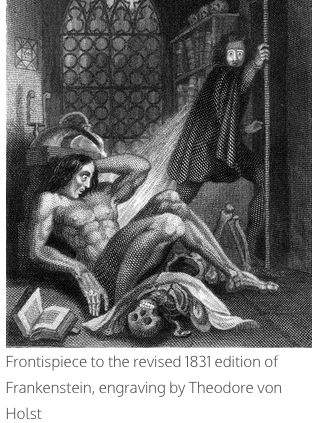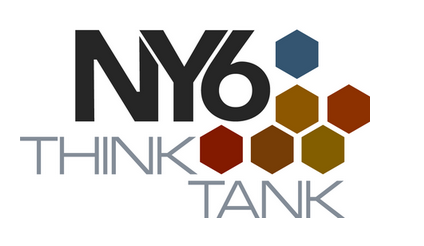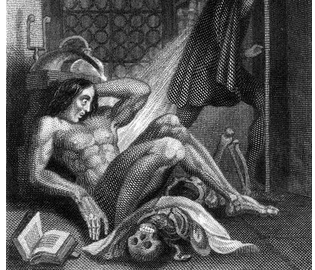Call for Papers
The Modern Prometheus; or, Frankenstein

Hamilton College, Clinton, New York, USA
8-9 April 2016
In July of 1816, that famous European ‘year without a summer,’ a young British woman vacationing with friends—including Lord Byron, Polidori, and Percy Shelley—wrote a ‘ghost story’ that would go on to become one of the most important and influential novels of our time. The young woman was Mary Shelley, and the novel of course is Frankenstein; or, The Modern Prometheus. To celebrate the bicentennial of the ghost story challenge that conceived that “hideous progeny,” scholars, students, and other readers are invited to a conference on The Modern Prometheus; or, Frankenstein, 8-9 April 2016 at Hamilton College in Clinton, New York, USA.
A special focus of the conference is Frankenstein’s deep roots in classical traditions. In addition to the Prometheus myth, for example, the text explicitly signals Plutarch and Seneca (in its first edition), and the novel has recently been shown to engage with Lucretius and Lucan. Since Frankenstein is a formative work of modern science fiction, indeed often cited as the starting-point of the genre, it raises the question of further interaction between that most modern genre and materials from classical antiquity. The study of classical receptions in Frankenstein, and in works inspired by it, also bridges the gap between ‘canonical’ or ‘high’ literature and more ‘popular’ fiction.
The conference thus seeks to raise questions like: How do Greek and Roman myth, philosophy, literature, and history inform Frankenstein, and how might Frankenstein lead to new readings of the classics? As a generative work of modern science fiction, what relationships between that genre and classical antiquity might Frankenstein suggest? How do artistic and other traditions arising from Frankenstein invoke, or shed light on, ancient ideas in metaphysics, ethics, epistemology, and aesthetics? How might Frankenstein serve as a mediating prism, refracting classical traditions into later works of science fiction? And how do classical receptions inform the other works, and other traditions, which originated with the ghost story challenge of July 1816?
 The organizers invite proposals of no more than 300 words for papers of no more than twenty minutes on these or other questions pertaining to classical receptions in Frankenstein, its traditions, and related works. In addition to those more traditional scholarly presentations, the organizers invite proposals of no more than 150 words for ten-minute lightning talks aimed at a more general audience (as part of an NY6 Mini Think Tank); students as well as professional scholars are invited to propose lightning talks. Proposals should be sent to the conference co-organizers at modernprometheus2016@gmail.com by 1 October 2015 for papers and by 15 October 2015 for lightning talks. Presenters will be informed of their selection by 1 November 2015. The keynote address will be delivered by Martin Priestman, Professor of English Literature at the University of Roehampton.
The organizers invite proposals of no more than 300 words for papers of no more than twenty minutes on these or other questions pertaining to classical receptions in Frankenstein, its traditions, and related works. In addition to those more traditional scholarly presentations, the organizers invite proposals of no more than 150 words for ten-minute lightning talks aimed at a more general audience (as part of an NY6 Mini Think Tank); students as well as professional scholars are invited to propose lightning talks. Proposals should be sent to the conference co-organizers at modernprometheus2016@gmail.com by 1 October 2015 for papers and by 15 October 2015 for lightning talks. Presenters will be informed of their selection by 1 November 2015. The keynote address will be delivered by Martin Priestman, Professor of English Literature at the University of Roehampton.
Questions about the conference may be addressed to the email address above or to any of the coorganizers: Jesse Weiner, Hamilton College (jweiner@hamilton.edu) Brett M. Rogers, University of Puget Sound (bmrogers@pugetsound.edu) Benjamin Eldon Stevens, Trinity University (bstevens@trinity.edu).
